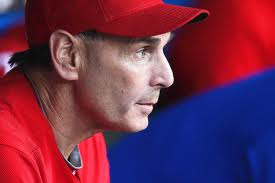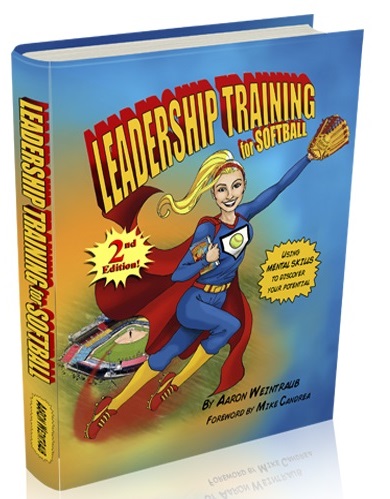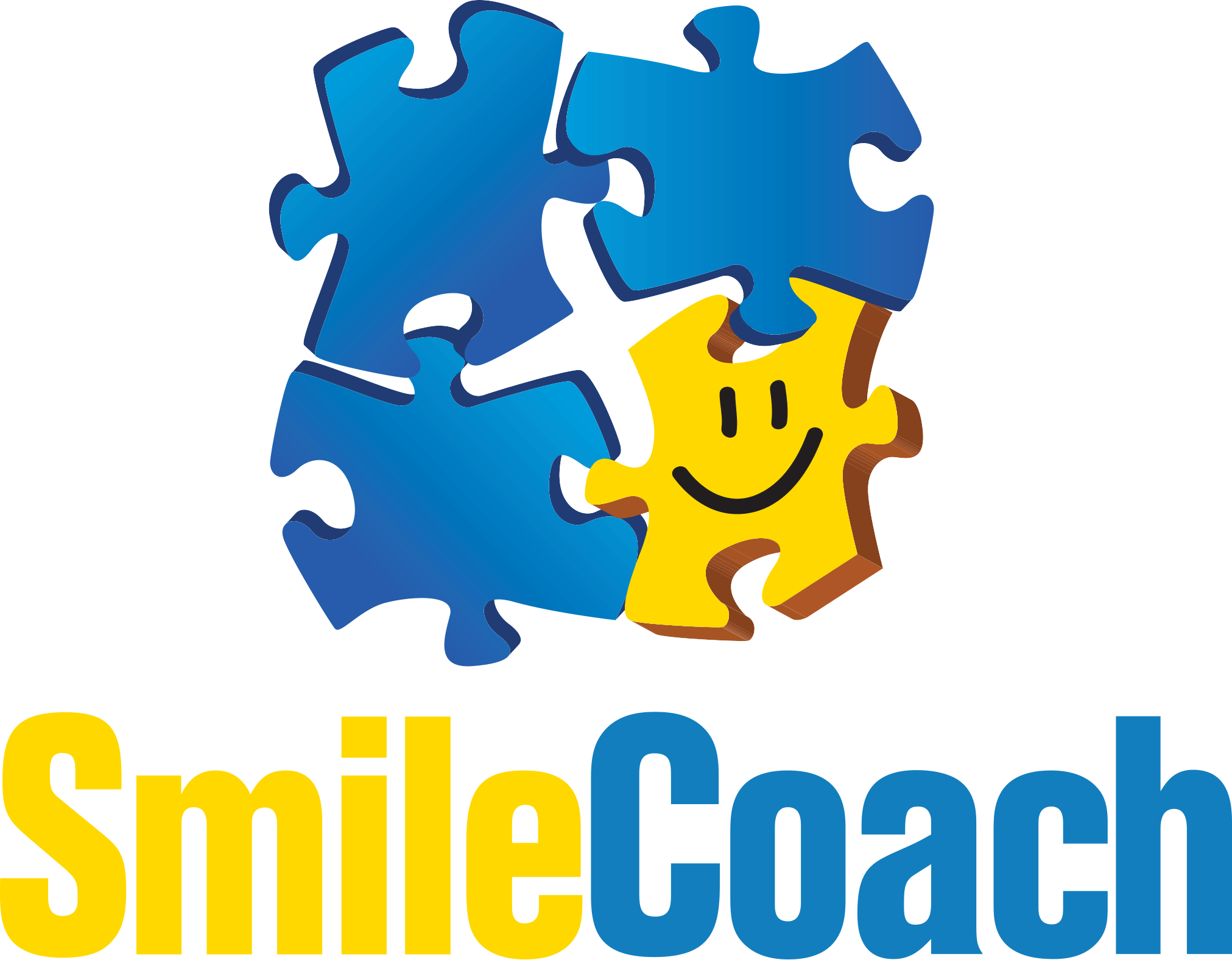PRESS RELEASE
November 18, 2012
Dr. Fran Pirozzolo to Share a Career of Applied Research on Performance Excellence

How would you like the opportunity to learn from a teacher who coaches the top performers in the world in not only baseball, but also golf, military, aeronautics, football, boxing, basketball, and more? Fran Pirozzolo is one person who coaches either want to visit with, or they should. This guy has gotten the job done in the classroom AND on the playing field/links for literally decades. This rare combination of both academic work and practical application makes him a treasure trove of information that he wants to share. He does this through his 14 books and 300+ articles, and through his personal interactions.
Here’s an excerpt from a 2010 Wall Street Journal article about him:
As he does every year when pro golf events come to the Houston area, mental-game expert Fran Pirozzolo invites some of his clients to stay at his home… Instead of talking about preshot routines and tournament strategies, Messrs. Langer and Sindelar hunkered down with Dr. Pirozzolo's wife, Priscilla, to watch the Rangers play the Yankees in the American League championship series. Occasionally they caught glimpses of their absent host, in uniform, sitting on the Rangers bench. The Rangers were on their way to their first World Series.
The border between Dr. Pirozzolo's baseball work and his golf work is remarkably fluid. "It really is all the same. It comes down to your ability to find the motor programs you need under pressure, by blocking out of all the distractions."
The full article is online here.
When you visit with Fran, what strikes you is his humility. He knows that he has as good an idea about how to teach athletic performance as anyone in the world, but he also knows that there is plenty that he does not know. If you want some of his knowledge, he appreciates your interest and wants to help you get it. He says about his upcoming appearance on December 9 at a Mental Skills Training Workshop in Dallas, “I am very excited about this seminar as it is, for me, an opportunity to visit with not only young athletes, but their coaches and parents. I have always felt that psychology and neuroscience have a sacred trust and a special responsibility to young people. We should always be aware of the fact that failing to support children's special talents or gifts could deprive them of tremendous opportunities, and a life that they may have enjoyed immensely. I feel strongly about the importance of helping young people, and I believe that the development of talent in young people is a group enterprise, and our research has certainly supported that observation. Parents, teachers and coaches are critically important in the lives of young people.”
His first topic in Southlake will be Neuroscience Lessons for the Development of Talent. In his presentation, he will review the current knowledge of the neural substrates underlying human performance. This includes a discussion of how the human brain operates in the motor, cognitive and affective domains and the implications for sports performance. He will discuss the large scale studies of extraordinary athletes, mainly those that he has been involved with, including the pioneering studies of Ben Bloom at the University of Chicago, the work of Mihalyi Csikszentmihalyi and his studies of extraordinary human performance, as well as recent work of Anders Ericsson. Pirozzolo and Ericsson have been conducting collaborative studies of legendary athletes and the role of deliberate practice. He will also review our current understanding of brain development, particularly the neural mechanisms that underlie learning and memory.
The second topic (just for coaches) will be about “Understanding How the Human Brain Learns, Remembers, Forgets, and Stores Knowledge and Skills.” In this discussion, he will address how poorly adapted sports training is to its purpose of enabling players to improve their performances under the pressure of competition. He will review the most recent research on how most training leads to the development of "illusions of competence" that fool both the athlete and his/her coach about whether knowledge and skills are actually learned and can be retrieved by the athlete in a game situation. He will show how the typical learning situation distorts a player's view of what he/she actually knows and can reproduce under the pressure of competition. The concept of "transfer" of K and S (knowledge and skills) is well known in the coaching profession, but precious little attention is paid to it when coaches structure training. The usual teaching/learning scenario where the player and coach isolate a skill to be further developed is poorly attuned to its real purpose. Coaches and players are both fooled into believing that skills have been learned because performance during a lesson improves, as it almost always does in well-designed sports training. This reflects the distinction in psychological research between performance and learning. Pirozzolo says, “We coaches do young people a great disservice when these players appear to ‘choke under pressure,’ when they cannot repeat their improved performance on a target skill that was the focus of the teaching/learning interaction. Research documents this enigma. Coaches need to understand the concepts of learning, memory, retention, retrieval, forgetting, and transfer. This understanding will serve as a stimulus to a more comprehensive training plan, based on a more sophisticated understanding of how the brain works. We will discuss some of our recent research on interleaving, stress inoculation, above real time training, and other adaptations which are known to facilitate learning, memory, and transfer.”
You can read a more about Dr. Pirozzolo’s resume here.




